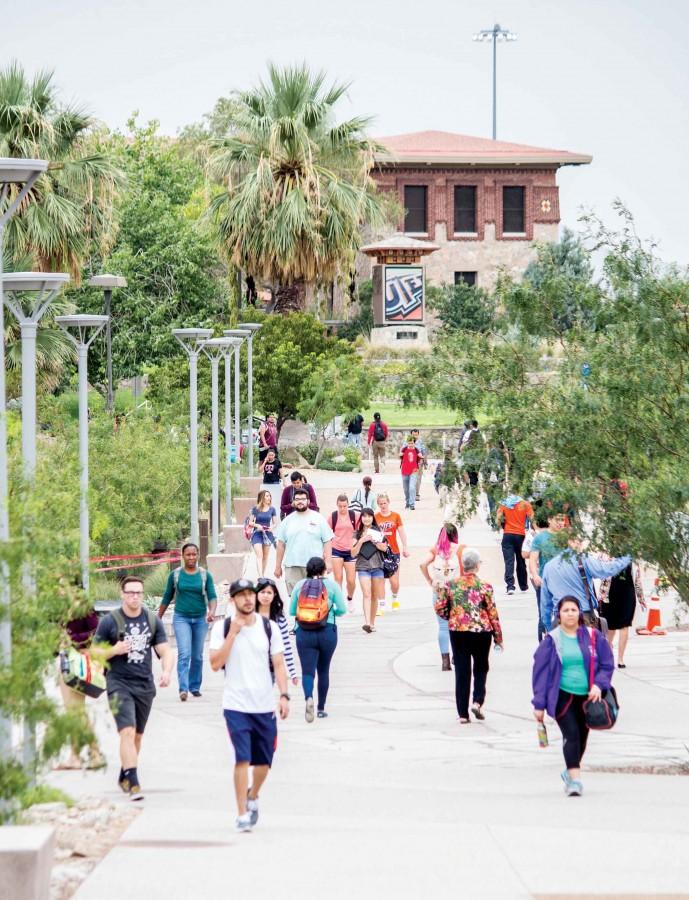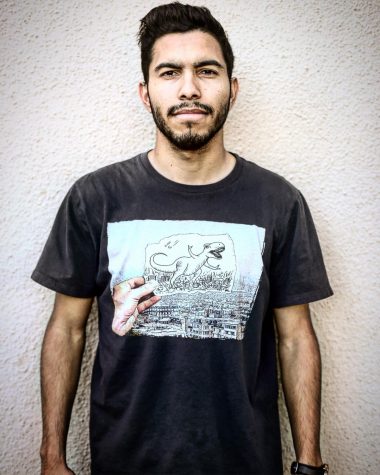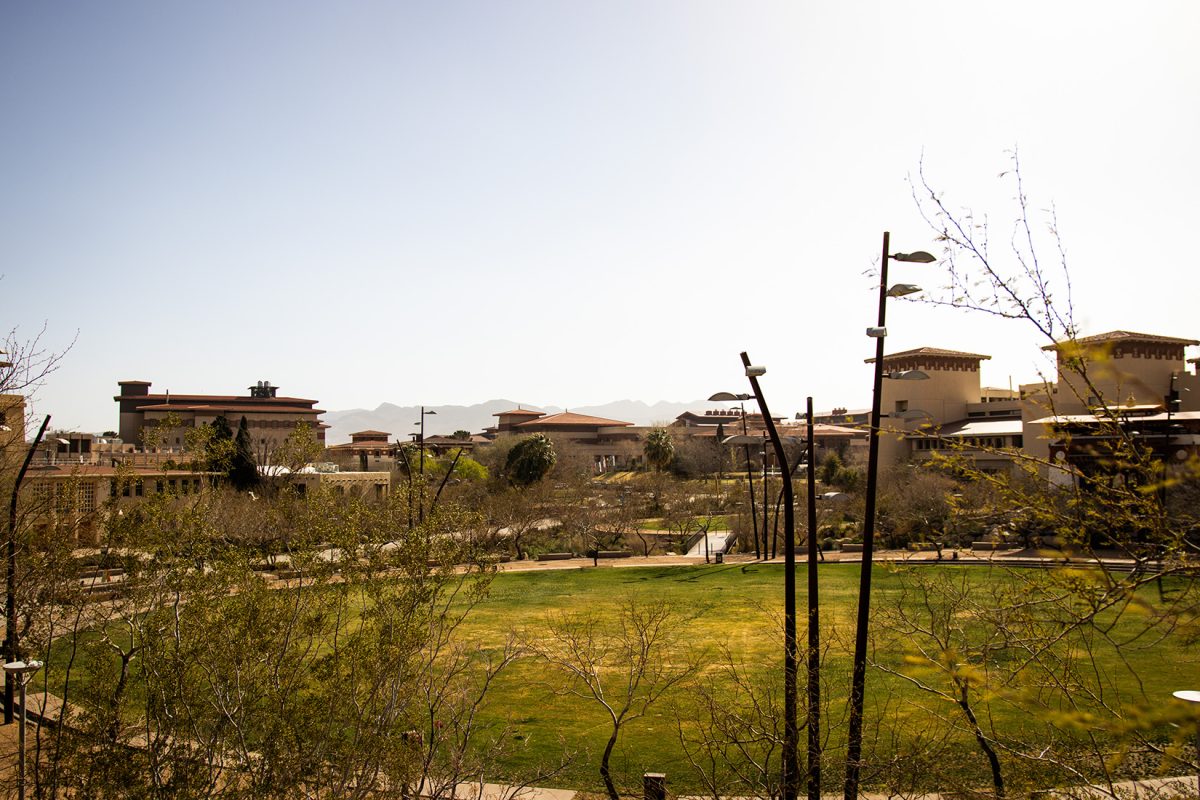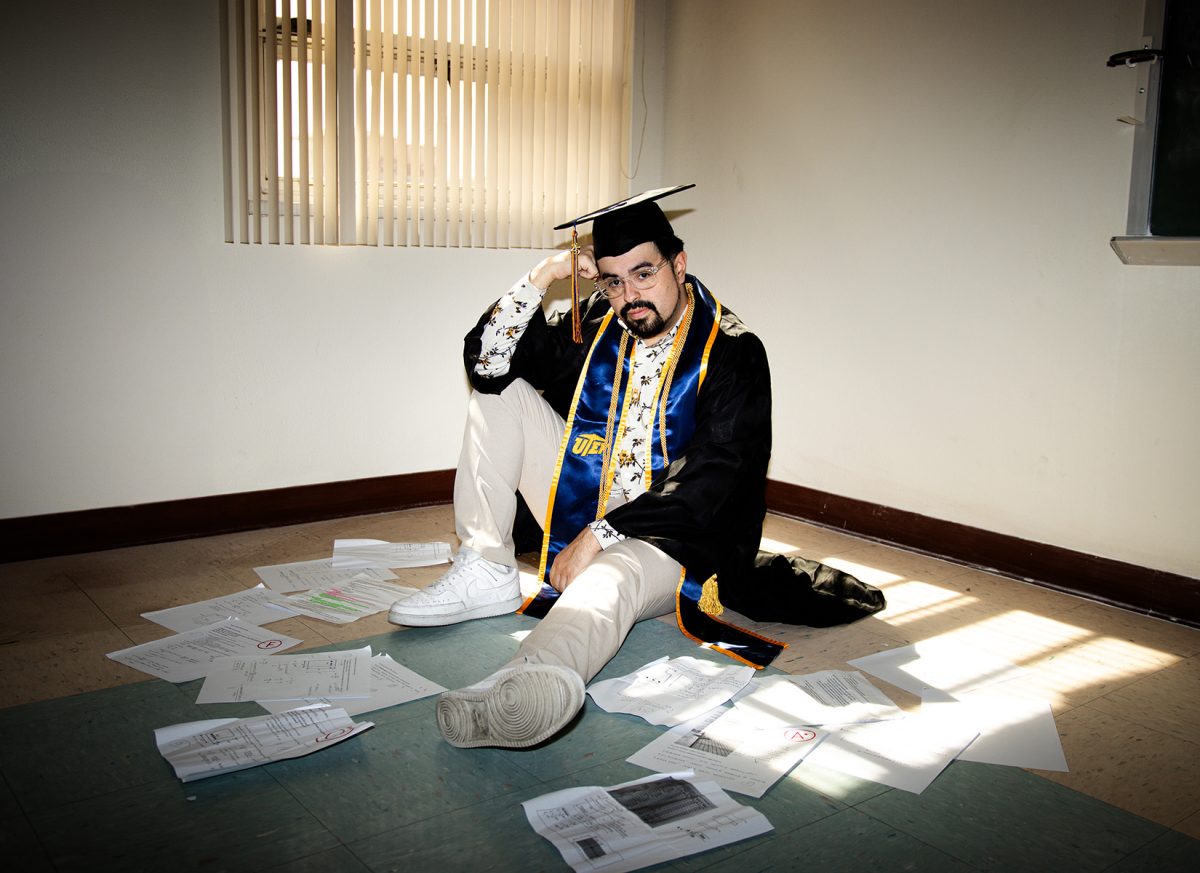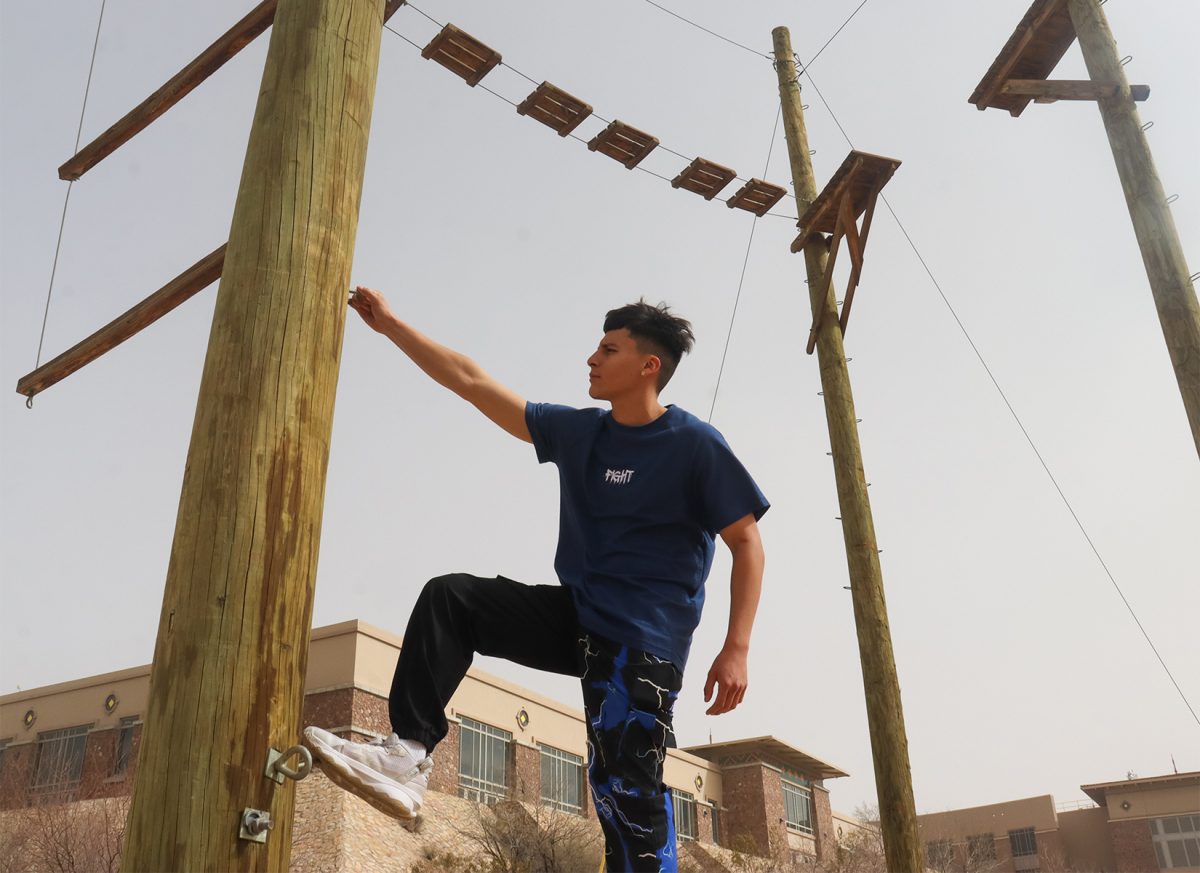UTEP pharmacy students expand their learning experience abroad
More than a dozen UTEP students from the School of Pharmacy have traveled in and around the country as well as overseas–seeing patients at treatment centers to visiting breathtaking historical areas–learning and taking in new experiences in hopes of expanding their cultural and intellectual perspectives.
Since March of this year, the inaugural class has visited a treatment center, spending time with recovering addicts in Nashville, TN, to taking in the sweeping views of the Cliffs of Moher on the western coast of Ireland.
“A lot of students in our community have never left El Paso,” said Clinical Assistant Professor Sweta Andrews, Pharm.D in a UTEP press release. “With healthcare becoming so diverse and global, we want them to experience what culture outside El Paso may look like and prepare them to practice anywhere in the country and beyond.” Andrews traveled with the first student group to Nashville in March.
UTEP and UNT collaborate on geophysical research
Professors at UTEP and the University of North Texas are collaborating to find a better way to understand the composition of dust carried by rain across the state and how dust affects the places it ends up. Thomas E. Gill, Ph.D., UTEP professor in the Department of Geological Sciences and Environmental Science and Engineering Program, and Alexandra Ponette-González, Ph.D., associate professor in UNT’s Department of Geography and the Environment were two of the authors on the article titled “Dust in Rain During Drought: An Overlooked Pathway for Elemental Flux to Ecosystems”.
Published by the Journal of Geophysical Research: Atmospheres, the article outlines how dust– the compounds it contains– are dispersed throughout the state in rainwater.
“The main motivation of the study was to find out how much material, and the composition of that material, is falling out with the rain,” Gill said in a UTEP press release. “Dust can contain chemical elements that are actually nutrients such as iron and phosphorus. But we also know that dust can carry along with it other elements that are potentially harmful pollutants, that are very detrimental to ecosystems. We wanted to take a look at it.”
The fifth annual Rookie Entrepreneur Program returns to UTEP
El Paso high school area students with a keen interest in business through involvement in a business magnet program or through business-related student organizations will participate in the REP summer camp at UTEP–expaning their knowledge on the principles of business and entrepreneurship with a practical exercise. The student will be taught and mentored by local entrepreneurs as well as students in UTEP’s College of Business Administration.
The program was developed by UTEP’s Mike Loya Center for Innovation and Commerce and the Center for Hispanic Entrepreneurship, in hopes of giving high school students an insight into the world of business and entrepreneurship. The program offers interactive teaching modalities where the participants will go around the UTEP campus conducting validation exercises while showcasing their business ideas.
Assistant professor receives NIH Grant
Jeannie Concha, Ph.D., assistant professor in UTEP’s Department of Public Health Sciences, has received a $25,000 grant from the National Institutes of Health to research and identify factors that lead to type 2 diabetes and heart disease. The National Institute on Minority Health and Health Disparities (NIMHD)–one of 27 institutes and centers of the NIH– will be the specific backer behind the grant.
The data collected will be used to identify develop diabetes education programs for men, while improving services provided by the Diabetes Garage, a diabetes management program Concha created for men in El Paso. Concha, along with co-principal investigators Hector Olvera, Ph.D., associate professor and director of research in the School of Nursing, and RobertKirken, Ph.D., professor and dean of the College of Science will head the project, while working in collaboration with UTEP’s Border Biomedical Research Center.
“The goal of the program is to engage men in self-care and recognize them as an influential family component when it comes to health,” Concha said in a UTEP press release. “Many health programs and research projects do not spend enough time finding novel ways to engage men, and this grant aims to do this by having men tell us how to do so.”


